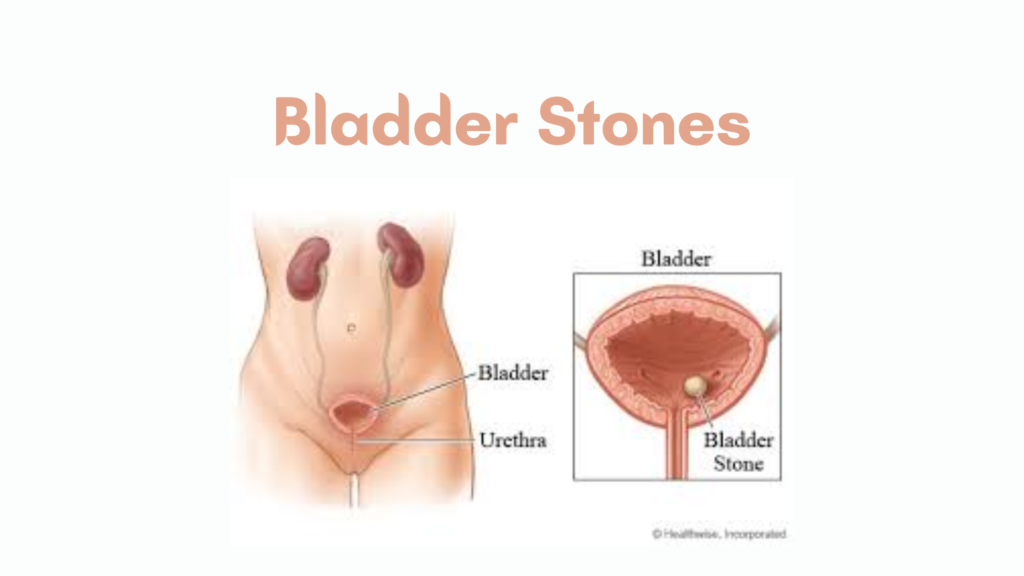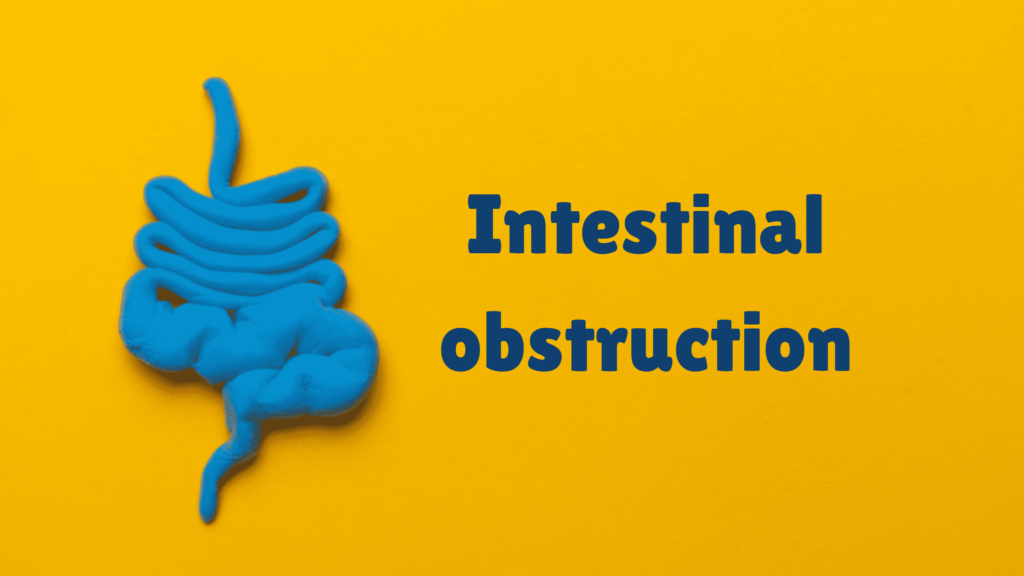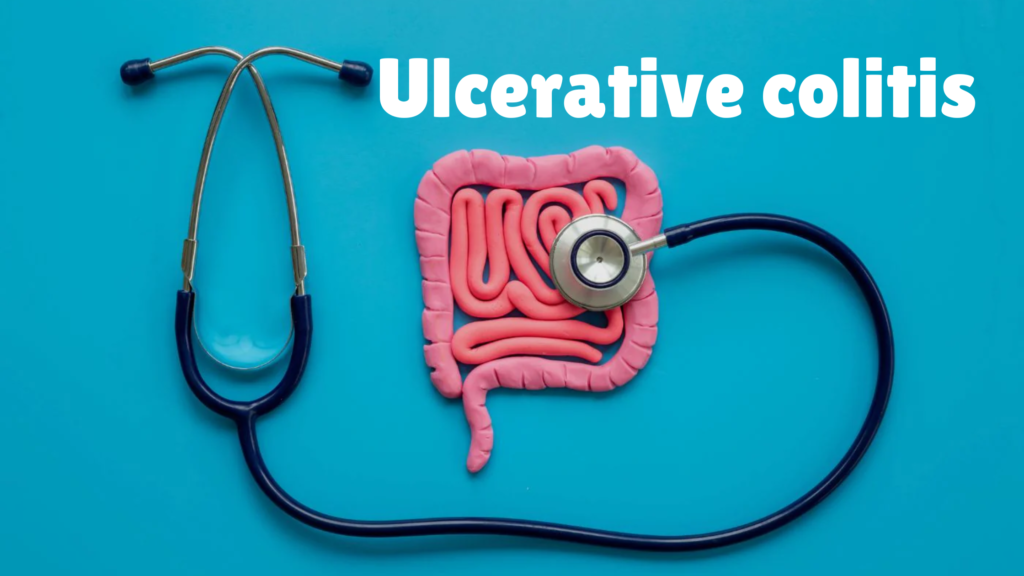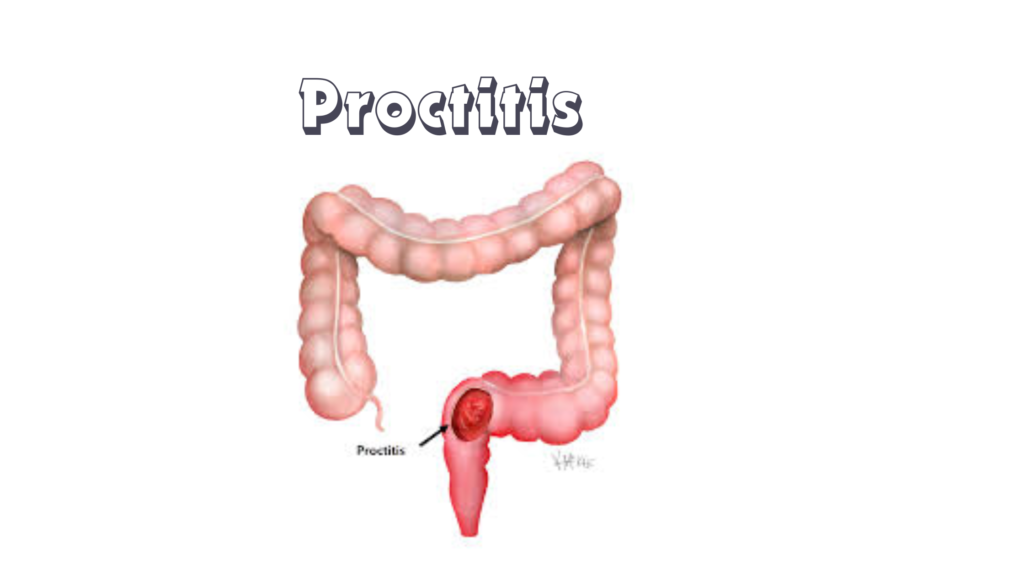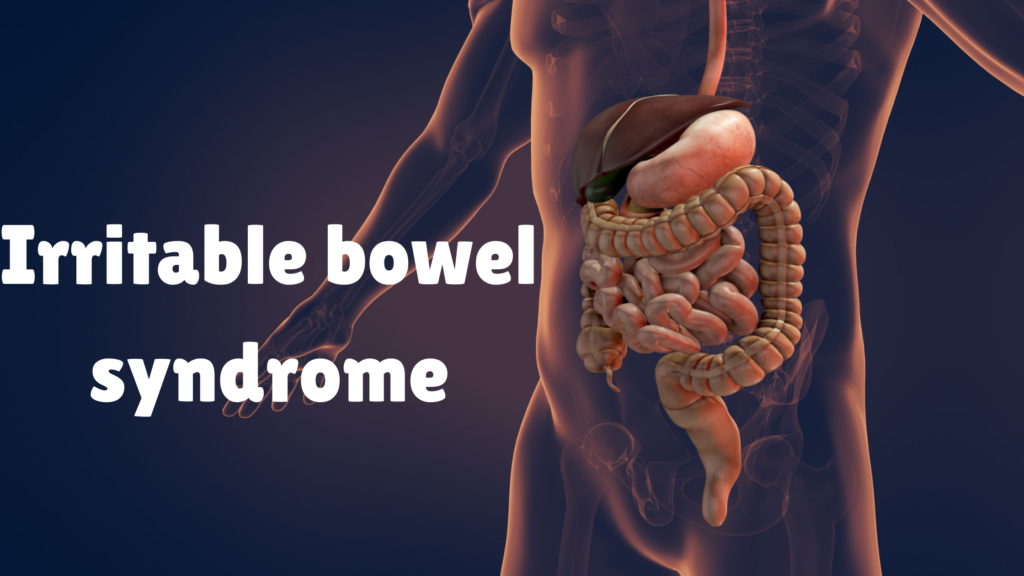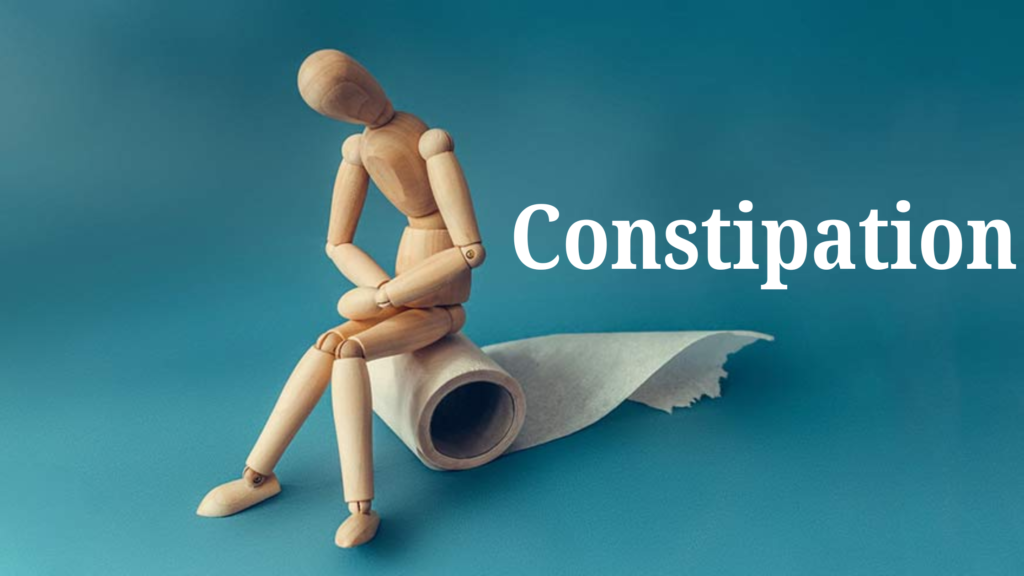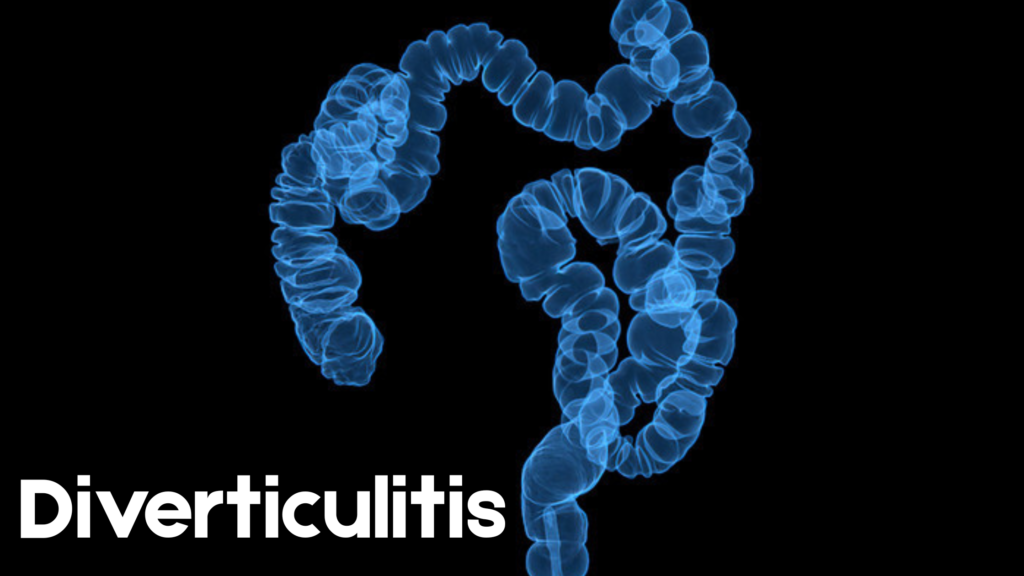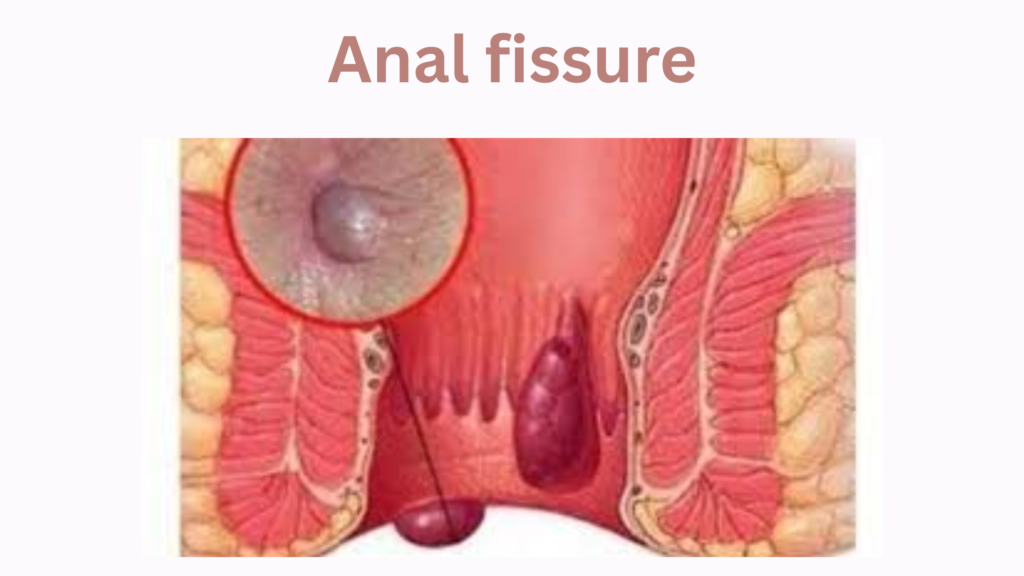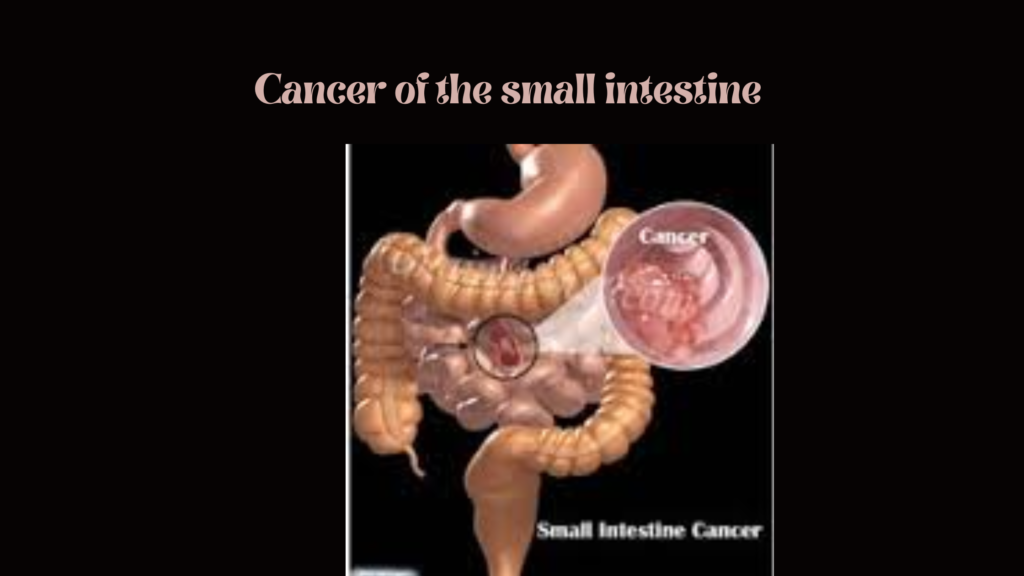Bladder Stones
Bladder Stones (Also called vesical calculi) Bladder stones are hard mineral deposits that form in the urinary bladder, often due to urinary stasis, infection, or foreign bodies. They are less common than kidney stones but can cause significant urinary symptoms. 🧬 Pathophysiology Bladder stones typically form when: ⚠️ Common Causes Cause Notes Bladder outlet obstruction […]
